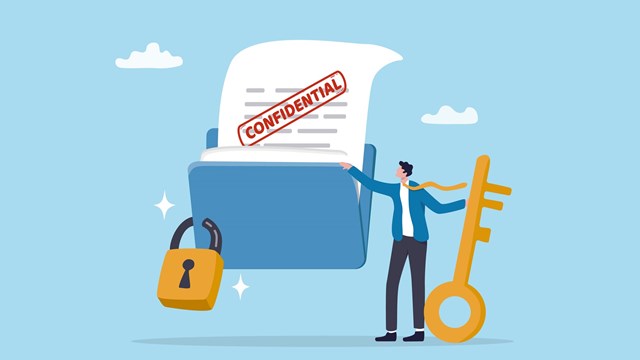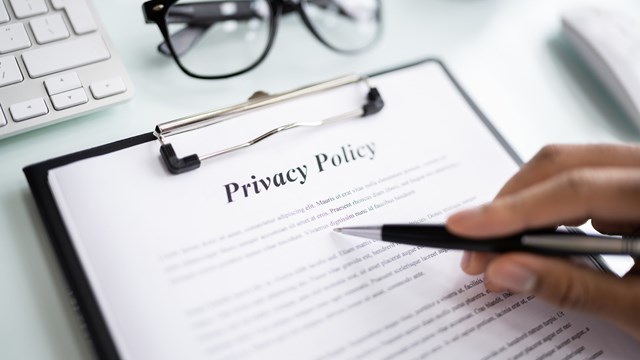
Q: What if a resident in our HOA tests positive for COVID-19?
A: According to Gary M. Daddario of Massachusetts and New Hampshire-based law firm Marcus, Errico, Emmer & Brooks, "In the event of a known infection on the property, the board cannot (and should not) prohibit the resident from the building and/or their unit. The board should contact state and local boards of health and ask those officials to recommend actions to be taken relative to the infected individual. This will minimize the impact on the community, and help the board explain its actions and the basis of its actions to the community. Although the board should notify residents that there is an individual(s) within the community who has contracted the virus, the board should not disclose the name and/or address of the person infected. Doing so may be a breach of privacy, and could subject the association to potential liability.
"Likewise, since the board wants owners to alert management in the event of an infection so proper measures can be taken, the forced disclosure of a resident’s identity is likely to deter anyone else from disclosing useful information in the future. Instead, if there is a resident that is known to have contracted the disease, the board should issue a community-wide alert notifying residents that there is a case in the building, urge them to take proper precautions, and seek further information and guidance from the Centers for Disease Control and Prevention (CDC), htpps://www.cdc.gov/coronavirus/2019-ncov/index.html, as well as the following state resources:
Commonwealth of Massachusetts
State of New Hampshire
State of Rhode Island
"Specific guidance regarding use of masks, gloves, and how to transfer packages should be obtained from the public health officials and/or their recommended protocols. Additionally, while each resident is responsible for their own health and safety, the board may want to discuss mitigation efforts with the infected resident to assist them with items such as deliveries and trash removal, to ensure that their contact and exposure within the building can be minimized."









Leave a Comment